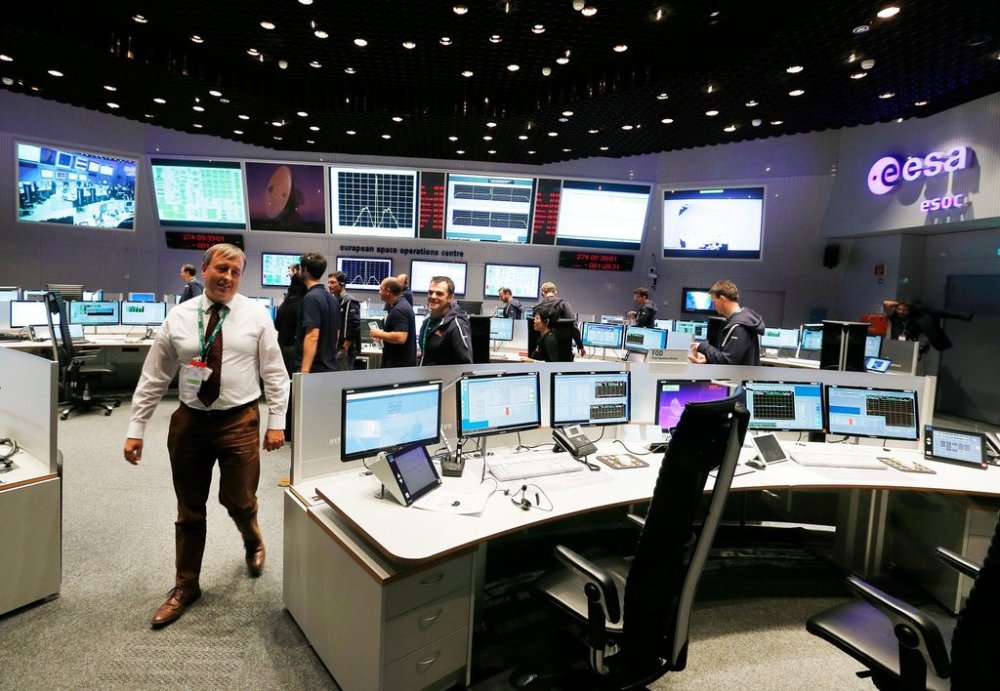European Space Agency boosts budget to catch up in space race
Advertisement
Read this article for free:
or
Already have an account? Log in here »
To continue reading, please subscribe:
Monthly Digital Subscription
$0 for the first 4 weeks*
- Enjoy unlimited reading on winnipegfreepress.com
- Read the E-Edition, our digital replica newspaper
- Access News Break, our award-winning app
- Play interactive puzzles
*No charge for 4 weeks then price increases to the regular rate of $19.00 plus GST every four weeks. Offer available to new and qualified returning subscribers only. Cancel any time.
Monthly Digital Subscription
$4.75/week*
- Enjoy unlimited reading on winnipegfreepress.com
- Read the E-Edition, our digital replica newspaper
- Access News Break, our award-winning app
- Play interactive puzzles
*Billed as $19 plus GST every four weeks. Cancel any time.
To continue reading, please subscribe:
Add Free Press access to your Brandon Sun subscription for only an additional
$1 for the first 4 weeks*
*Your next subscription payment will increase by $1.00 and you will be charged $16.99 plus GST for four weeks. After four weeks, your payment will increase to $23.99 plus GST every four weeks.
Read unlimited articles for free today:
or
Already have an account? Log in here »
BERLIN (AP) — The European Space Agency said Thursday it would increase its budget for the next three years to almost 22.1 billion euros ($25.6 billion).
Ahead of two-day agency conference starting Thursday in the German city of Bremen, ESA Director General Josef Aschbacher had expressed concern that Europe could be left behind in space travel if it didn’t invest more money, German news agency dpa reported.
On Thursday, Aschbacher thanked ESA’s 23 European member states for their contributions.

“I think the message that Europe must catch up and get involved in order to literally give wings to Europe’s future through space travel was taken very seriously by our ministers,” he said.
Germany, one of ESA’s main financial contributors, said it plans to significantly increase its budget for the agency to more than 5 billion euros.
“Last time it was just under 3.5 billion, this time we have set ourselves a target of 5 billion,” German Space Minister Dorothee Bär said at a meeting of the agency’s ministerial council.
On the sidelines of the meeting, Aschbacher also said that ESA was hoping that a European could fly to the moon in the future as part of the U.S. space agency NASA’s Artemis program, dpa reported.
“I have decided that the first Europeans to fly on a lunar mission will be ESA astronauts of German, French, and Italian nationality,” Aschbacher said, according to dpa.
ESA also signed a letter of intent with Norway to advance the prospect of a new ESA Arctic Space Centre to be hosted in the country’s northern city of Tromsø.
“The Arctic is an important scientific ecosystem as well as being significant economically and geopolitically,” ESA said in a statement, adding that space-based technologies can help monitor climate change, support sustainable development, civil safety and security and regional energy management.
ESA is an intergovernmental organization including 23 European member states with the mission to shape the development of Europe’s space capability.

